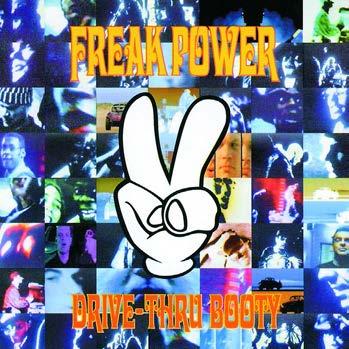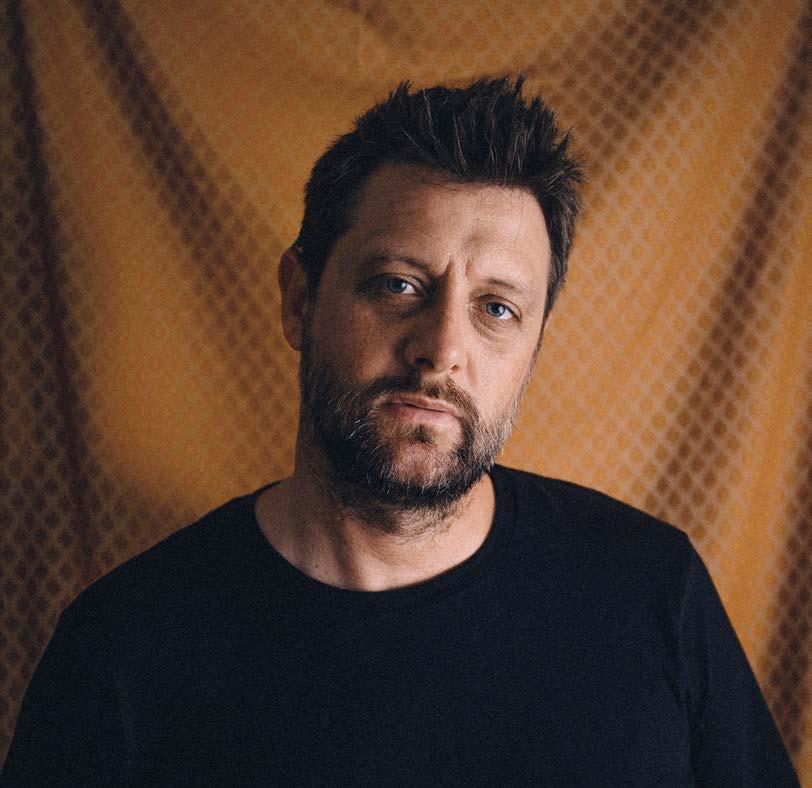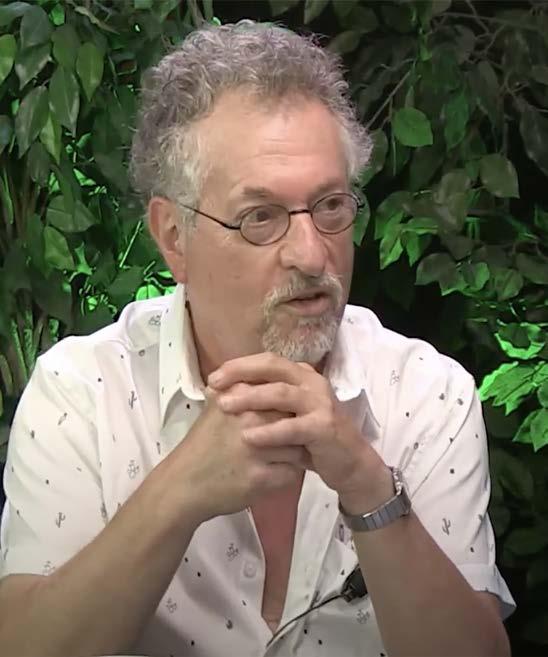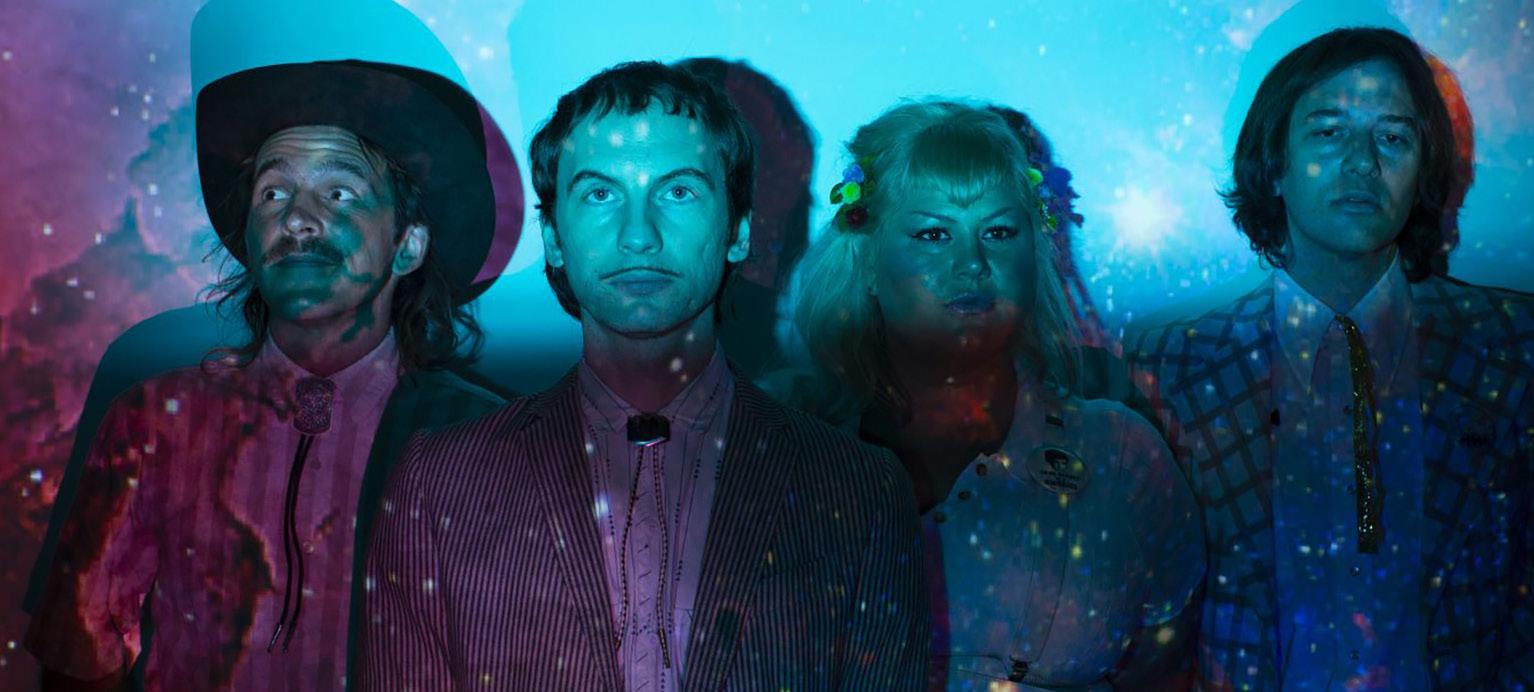‘‘ Everybody
carries a spirit whether connected to an aboriginal songline or not. I can access that.
’’
HEALING W
hen I last called Indigenous singer-songwriter Kutcha Edwards in 2016, he was preparing for a special event. He’d been nominated for both the Melbourne Prize for Music and the Distinguished Musicians Fellowship. Signing off from our chat, he was about to get his glad rags on for the awards night. Edwards was awarded both accolades. That night became significant for a couple of other reasons. The Mutti Mutti man was the driver behind one of the artistic gifts bestowed on our community during 2020’s big COVID lockdown. The collaborative online video of ‘We Sing’ lifted us up during the tough time. It features on his new album Circling Time. ‘Kutcha recalls, “The song had festered in its infancy the night that Trump got in [as US President]. This is how dumb I am. I was the Melbourne Prize recipient that night but in the back of my mind, I’m thinking, ‘Great. I just received the prize for music and the fellowship aligned to that. But if a businessman is now leader of the free world, what’s going to happen? Everything’s gunna become about economics not humanity itself.’ He was all about the red button and the world was going to be thrown into disarray. One of his main platforms was building a wall between Mexico and the US.” Kutcha breaks into a Trump impersonation. (‘Build a wall! Build a wall!’) “So, I started thinking about some lyrics: ‘I hear a baby crying in the night, whispers in the wind, echoes calling out your name. Rocked to its core, sounds we cannot ignore. Time to reignite the flame.’ The flame is referring to Cathy Freeman. See, the Olympics is supposed to be apolitical. But for aboriginal people, it was supposed to be this form of unity, Cathy being this light. The second verse: ‘It’s time for us to hear, beyond the new frontier, waking to a brighter dawn, blessed by the sun, united as one, when a new child is born.’ That refers to unity and bringing a child into the world where all they’re hearing is bombs and so forth. Which, sadly, is still happening…” The chorus declares: ‘We sing for love, we live for justice, we long for freedom, we dream of peace.’ I suggest those principles would qualify 18
the song as a new national anthem. “If only,” he says. “But I’d have to agree to the terms of engagement of the Australian constitution as it stands and I will not. That constitution has no connection or bearing to my ancestry. The powers that be understand all that. They know my stance.” Guests adding their voices (remotely) to ‘We Sing’ included Emma Donovan, Joe Geia, Archie Roach, Paul Kelly, Judith Durham, David Bridie and Emily WurraMara. Kutcha says, “The logistics for the recording were astonishing. I think it was 70 people in the choir. Each did two different vocals in two chord structures. So that’s 140 channels in itself. Producer Andy Stewart [Gotye, Paul Kelly] had to bring those vocals down to one channel to become 70 again. Then editing maybe 10 each into the one because the computer was going ballistic! Everybody sent film of themselves performing – on smart phones or whatever capability they had - to Luke McNee (Seagrass Films director). Luke kept creating that wall of people you see on the video. It’s an amazing piece of technology.” Kutcha believes there’ve been over 66,000 hits on YouTube. “I hope people will re-visit it after this album release.” Kutcha’s music has always suited fireside gatherings. Whether uniting by the hearth at home or a campfire in the bush. He says, “This [his fifth studio album] is a bit different from Beneath The Surface (2016) and Blak and Blu (2012). They all have their own different character, purpose and story to tell.” Circling Time again features stories representing characters on the fringes of society. A survivor of the Stolen Generations, Kutcha tells a poignant personal story on the new album. ‘Mrs Edwards’ portrays the visit of his mother to her ‘removed’ children. Authorities dictate the little time allowed. “To be coerced after a three hour visit that you have to exit, when it took you five hours to get there… And a lifetime to get to after us being removed. It’s those memories of childhood that tap me on the shoulder and say, ‘Do you remember?’ Me and my







































